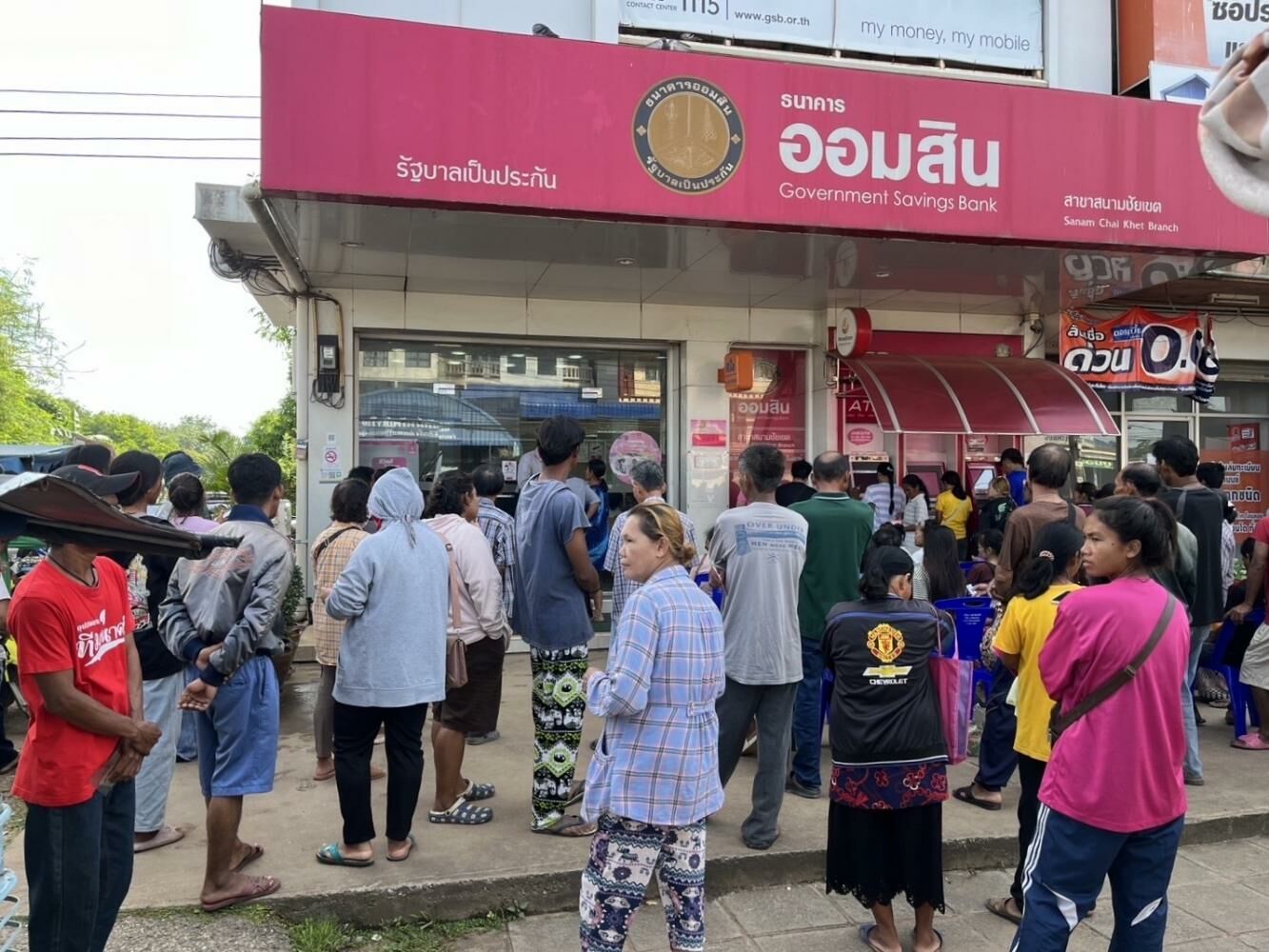Thailand unveils 145 billion baht cash handout to boost economy

Deputy Finance Minister Paopoom Rojanasakul unveiled a whopping 145 billion baht ((US$4.4 billion) cash handout scheme that promises to rev up the economy before the year’s end. This mega injection is set to turbocharge the nation’s GDP by a tidy 0.3 percentage points. And it’s not just a flash in the pan, the economic boost is expected to keep rolling strong into the first quarter of next year!
The government is preparing additional stimulus measures to sustain economic growth, encouraging increased spending towards the year’s end.
Paopoom noted that the government initially forecasted GDP growth of 2.6 to 2.7% for this year, excluding the impact of the stimulus scheme.
The 10,000-baht (US$300) handout to recipients should result in additional economic growth of 0.3 percentage points, with effects likely extending into early next year, he said.
The economy could grow more than the forecast of 2.7% this year, Paopoom added.
Looking ahead to next year, Paopoom indicated that there is positive momentum for continued economic growth driven by this year’s stimulus measures.
In addition to the one-time payment, the government has recently implemented various economic measures aimed at benefiting low-income earners. These measures are expected to have positive effects lasting into the first quarter of next year.
Further stimulus measures might be introduced during the first quarter.
In the longer term, Paopoom emphasised the need for the government to attract more investors, develop infrastructure, and provide loans for small businesses to achieve a GDP growth rate of 3%.
Year-end stimulus programmes are likely, including tax measures and spending incentives. However, Paopoom confirmed that the year-end measures will not replicate the previous half-half co-payment scheme.
Measures such as purchase-based tax deductions are under consideration, reported Bangkok Post.
Announcing them too early might delay spending in December, but the government is preparing tools and will implement them by the end of the year, Paopoom stated.
In related news, Thailand’s household debt saw a slight decline in the second quarter as banks tightened lending practices to mitigate bad loans, and borrowers hastened debt repayments amidst the highest interest rates in a decade.
Latest Thailand News
Follow The Thaiger on Google News:


























